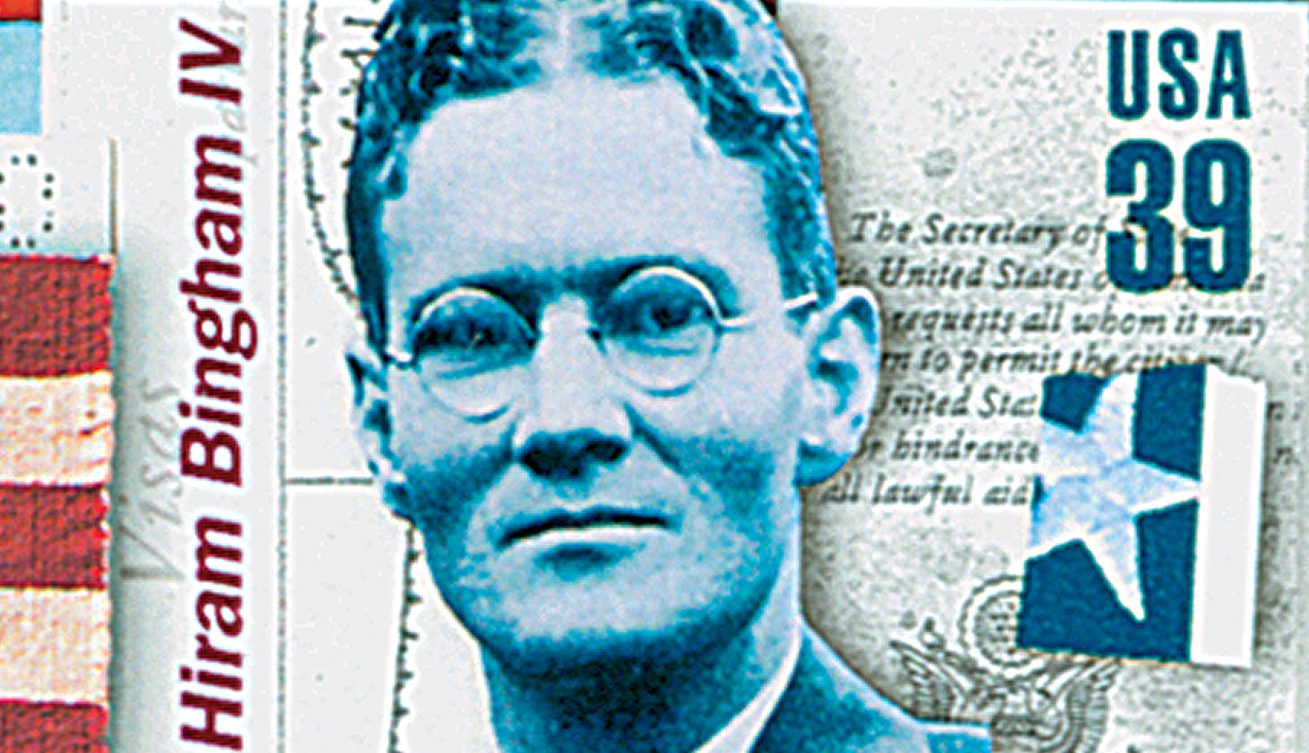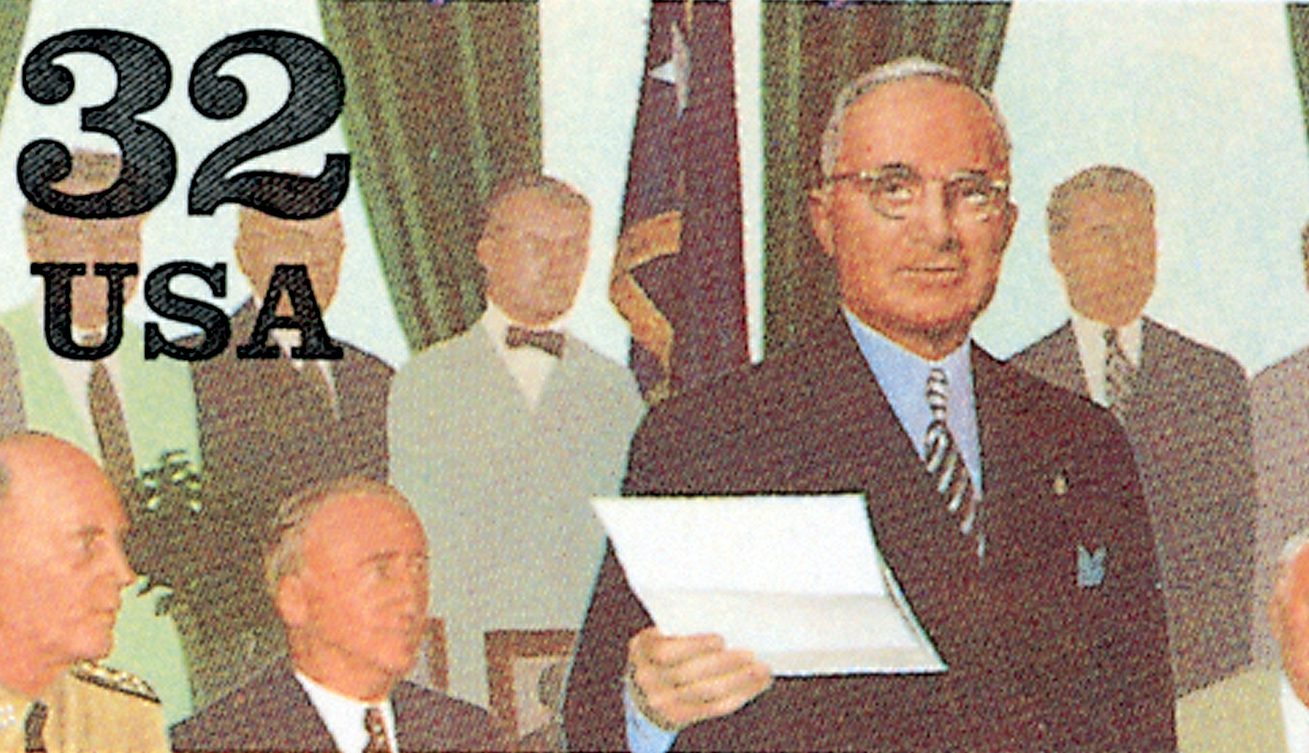Birth of Ernest E. Just
Ernest Everett Just was born on August 14, 1883, in Charleston, South Carolina. Just was an internationally renowned zoologist, known primarily for his work in marine biology.

Ernest Everett Just was born on August 14, 1883, in Charleston, South Carolina. Just was an internationally renowned zoologist, known primarily for his work in marine biology.

On August 7, 1782, George Washington ordered the creation of the Badge of Military Merit to be awarded for bravery in battle. The predecessor of the Purple Heart, it’s one of the oldest military awards worldwide that is open to all who are wounded in battle.

On July 23, 1973, Eddie Rickenbacker died in Züruch, Switzerland. As a World War I flying ace, he shot down 22 enemy planes and four balloons.

On July 21, 1930, President Hoover signed legislation forming the Veterans Administration, often called simply, the VA.

American diplomat Hiram Bingham IV was born on July 17, 1903, in Cambridge, Massachusetts. Over a short period during World War II, he helped more than 2,500 refugees escape France.

On July 16, 1945, members of America’s Manhattan Project held their first successful test of the atom bomb in Alamogordo, New Mexico.

Leslie Lynch King Jr., better known as Gerald Rudolph Ford, was born on July 14, 1913, in Omaha, Nebraska. He was the only US president not elected to the presidency or vice presidency.

Stamp and poster artist Louis James Nolan Jr. was born on June 28, 1926, in Washington, DC. During his long career, he designed several military recruiting posters and over a dozen US stamps.

General of the Air Force Henry “Hap” Arnold was born on June 25, 1886, in Gladwyne, Pennsylvania. He was an early supporter of military air power, and later became the Air Force’s first five-star general.